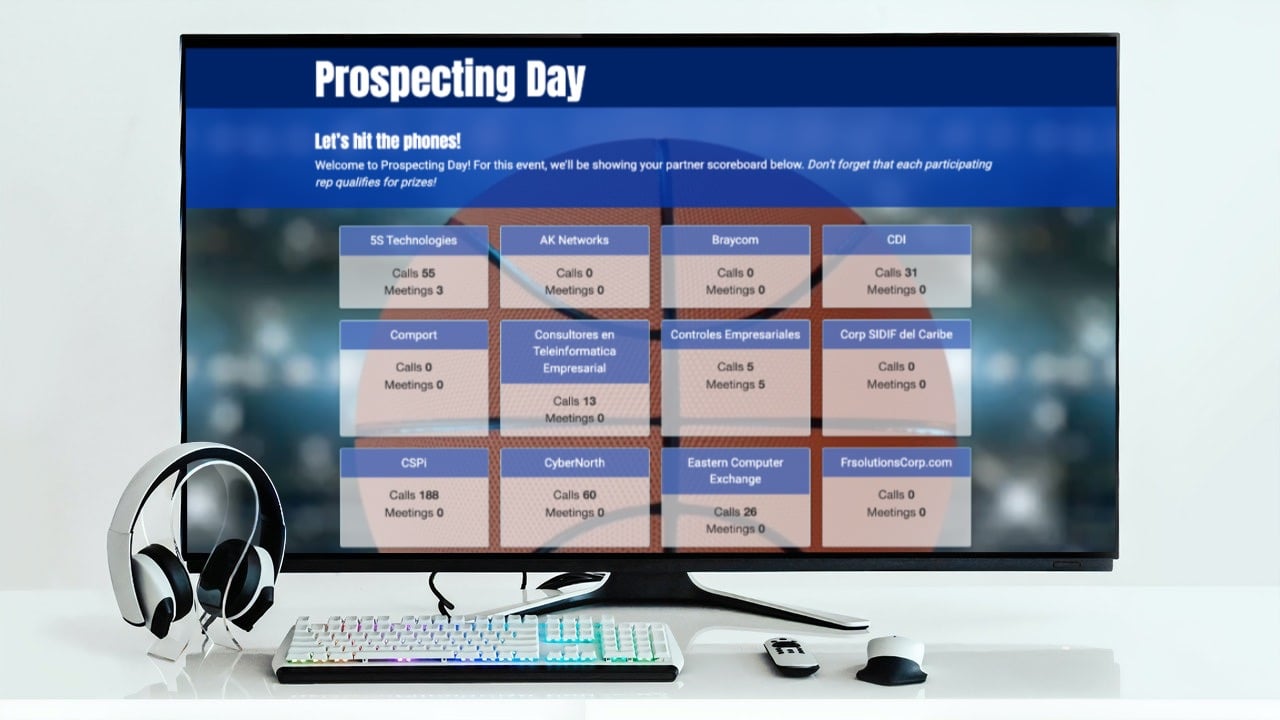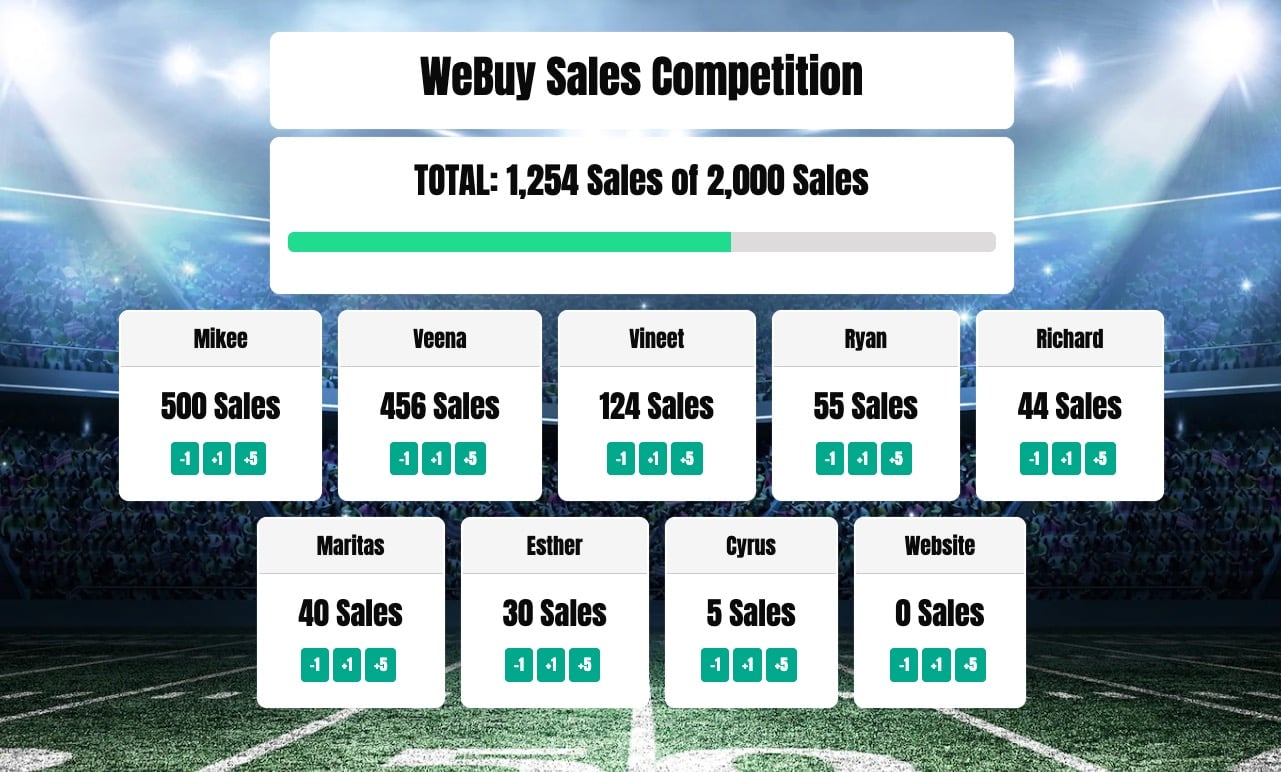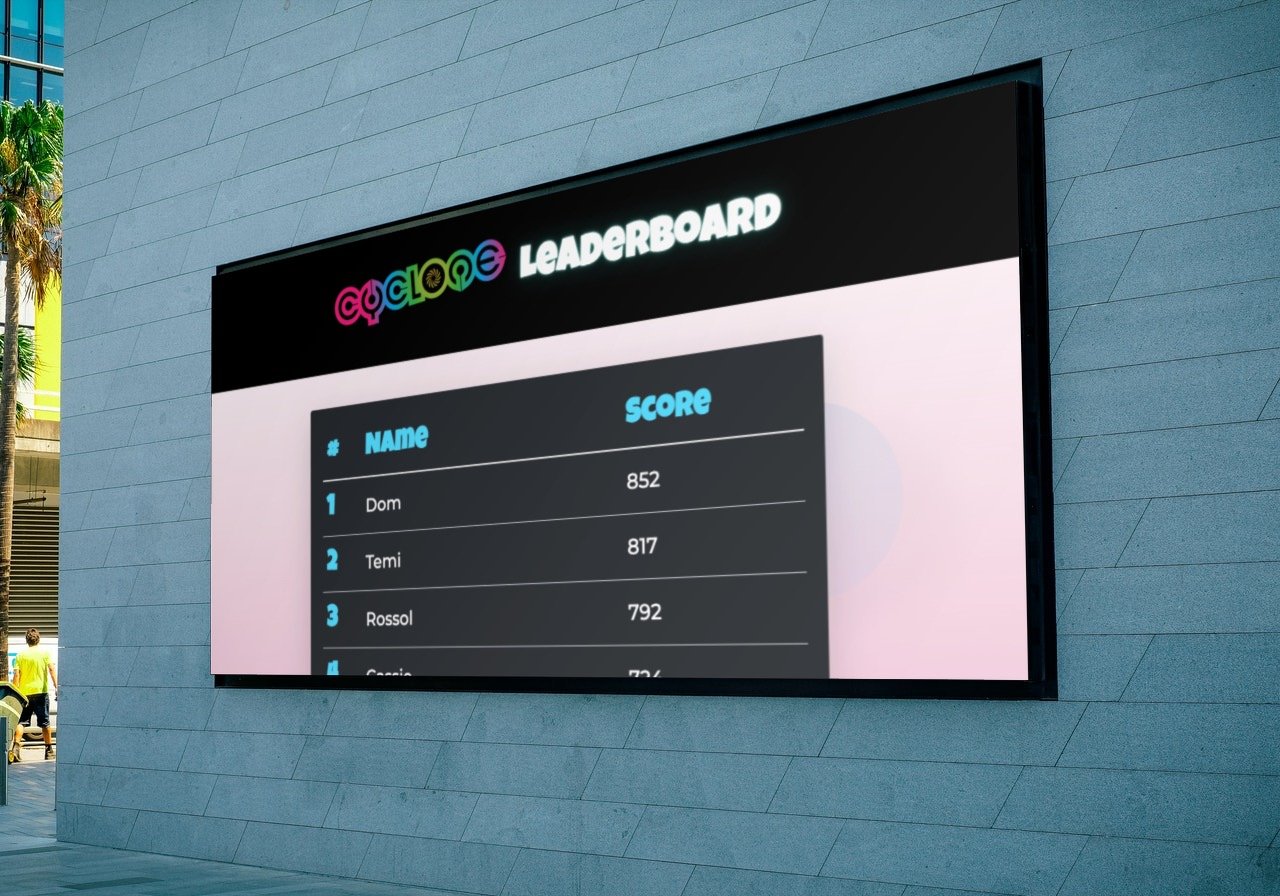What Is Sales Prospecting?
Sales prospecting is the process of identifying and qualifying potential customers for a product or service. The term derives from gold prospecting, where miners searched streams for valuable minerals. In sales, prospecting involves researching, identifying, and reaching out to individuals or businesses who match your ideal customer profile.

Effective prospecting forms the foundation of successful sales operations. It fills the sales pipeline with qualified leads that can progress through the sales funnel toward conversion. Just as gold prospectors needed the right tools and techniques to find precious metals, modern sales teams require strategic approaches to discover valuable business opportunities.

Definition of a Prospecting Day
A prospecting day is a dedicated time period when sales teams focus exclusively on lead generation activities. During this event, team members suspend regular sales activities to concentrate on identifying new prospects, making initial contact, and scheduling follow-up meetings. Organizations typically incorporate gamification elements and competitive aspects to increase engagement and productivity.
This structured approach transforms routine prospecting into an energizing team event. A NASDAQ-listed company using this strategy reports significant pipeline growth through monthly prospecting days that have become a cornerstone of their sales culture.
10-Step Prospecting Day Checklist
1. Schedule and Block Calendar
Reserve a full day exclusively for prospecting activities, blocking all other commitments including demos, client meetings, and administrative tasks. This commitment signals the importance of the activity and prevents the dilution of effort that occurs when prospecting competes with other priorities. Schedule these days monthly for consistent pipeline development, giving teams advance notice to prepare properly.
2. Select an Engaging Theme
Themes transform prospecting days from obligatory activities into memorable events. The right theme influences everything from activity design to prize selection. Popular options include:
- March Madness (tournament-style competition)
- Game of Thrones (house competitions)
- Seasonal holidays (Christmas, Easter, Thanksgiving)
- Pop culture references (Disney, Marvel, etc.)
- Mystery themes (murder mystery, escape room)
The theme should reflect your team's culture while providing a framework for friendly competition and team building.
3. Prepare Prospect Lists in Advance
Preparation determines prospecting success. Before the event day, compile targeted prospect lists based on ideal customer profiles, ensuring contact information accuracy and relevance. Segment these lists by industry, company size, or other relevant criteria to enable focused outreach efforts. Each team member should receive their assigned prospect lists before the prospecting day begins, maximizing calling time on the actual day.
4. Implement Games and Incentive Structure
Gamification drives engagement and performance. Incorporate competitive sales activities or establish a points-based reward system that awards achievements throughout the day. Common point allocations include:
- Cold call completed: 1 point
- Decision maker reached: 3 points
- Meeting scheduled: 5 points
- Referral obtained: 2 points
5. Create a Structured Schedule
Intensive calling requires breaks to maintain energy and effectiveness. Design a schedule that alternates focused work sessions with rest periods:
- 8:30-9:00 AM: Team breakfast and motivation session
- 9:00-10:00 AM: Activity 1 - Initial outreach sprint
- 10:00-10:30 AM: Break and progress check
- 10:30 AM-12:00 PM: Activity 2 - Follow-up calls
- 12:00-1:00 PM: Lunch break
- 1:00-2:00 PM: Activity 3 - Email outreach
- 2:00-2:30 PM: Break and leaderboard update
- 2:30-3:30 PM: Activity 4 - Social selling
- 3:30-4:00 PM: Activity 5 - Final push
- 4:00-5:00 PM: Results announcement and celebration
6. Develop Call Scripts and Objection Handlers
Preparation extends to conversation readiness. Effective scripts include a compelling 30-second opening statement, clear value proposition, qualifying questions, meeting request language, and voicemail scripts. Teams also need prepared responses for common objections like "send me information via email," "we're not interested," "we already have a solution," "call back next quarter," and "what's this regarding?"
7. Execute Pre-Touch Communications
Warm prospects before calling to increase connection rates. Send introductory emails 24-48 hours before the prospecting day, establishing initial awareness of your company and value proposition. LinkedIn connection requests and relevant industry content sharing position your outreach as valuable rather than intrusive. These pre-touch activities transform cold calls into warm conversations.
8. Identify Decision Makers
Effective prospecting targets individuals with authority to make or influence purchasing decisions. Research organizational structures to understand:
- Reporting relationships and budget authority
- Relevant department heads
- Direct contact information
- Gatekeeper navigation strategies
This research investment pays dividends in higher-quality conversations and improved conversion rates.
9. Prepare Email Follow-Up Templates
Not every prospect will be ready for immediate conversation. Prepare templates for various follow-up scenarios:
- Initial interest follow-up
- Meeting confirmation
- Resource sharing
- Next steps documentation
- Thank you messages
These templates ensure consistent, professional communication while saving time during the busy prospecting day.
10. Implement Real-Time Scoring System
Visual progress tracking maintains momentum and competition throughout the day. Options include physical whiteboards or Post-It notes for in-office events, digital dashboards for remote teams, or real-time leaderboards for instant updates.

Digital Leaderboard Implementation
Digital leaderboards provide automated tracking and visual engagement for prospecting days. These systems offer real-time updates, mobile accessibility, and professional displays that maintain energy throughout the event.
 An online leaderboard from Keepthescore.com
An online leaderboard from Keepthescore.com
Setup Process:
- Click the button above to create your leaderboard
- Select appropriate leaderboard type for your competition
- Input all participant names
- Click "Create your leaderboard"
- Navigate to SETTINGS > Rankings and scores
- Customize score suffix to "Prospects" or relevant metric
- Share access link with team members
Best Practices for Prospecting Day Success
Successful prospecting days share common characteristics that drive results:
- Manager Participation: Leadership involvement demonstrates importance
- Clear Rules: Published scoring criteria ensure fair competition
- Quality Control: Balance quantity metrics with quality requirements
- Technology Preparation: Test all systems and tools beforehand
- Post-Event Analysis: Review results and gather feedback for improvements
Regular prospecting days create predictable pipeline growth while building team cohesion and sales skills. The combination of focused effort, team collaboration, and competitive elements generates both immediate results and long-term cultural benefits.







